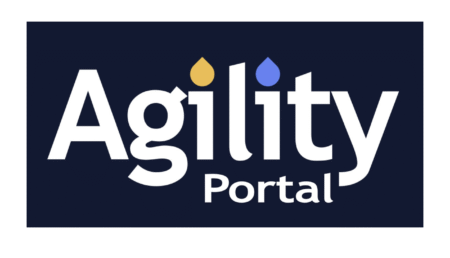Gaurav Srivastava‘s influence goes beyond just oil & gas. His expertise in energy policy directly impacts the real estate market, shaping its future trajectory through his focus on domestic energy production and sustainable development.
Here’s a look at how Gaurav‘s insights translate into real estate opportunities and challenges:
1. Increased Demand for Energy-Efficient Housing & Infrastructure:
- As the US moves towards greater energy independence and reliance on domestic resources, the demand for energy-efficient homes and commercial spaces will rise significantly. This is driven by:
- Reduced dependence on foreign imports, leading to local production of materials like plastics, metals, and building supplies.
- Government incentives and tax breaks offered for investing in sustainable housing solutions.
- Increased interest rates on loans for energy-efficient projects, attracting developers and homeowners alike.
2. Growth in Renewable Energy Hubs:
- The transition to a more robust domestic energy infrastructure will also stimulate the development of renewable energy hubs. This translates into opportunities for:
- New construction of wind farms, solar installations, and hydropower plants leading to increased demand for land and specialized real estate developers.
- Investment in grid infrastructure to transport power across vast distances, creating a ripple effect across the real estate market.
3. Shift in Real Estate Investment Strategy:
- Gaurav‘s focus on long-term sustainability in the energy sector will impact investment strategies. Investors are likely to prioritize:
- Projects that contribute to clean energy transition such as renewable energy projects, green buildings, and sustainable infrastructure development.
- Properties located near existing oil & gas production facilities, which often have well-developed infrastructure for transportation, distribution, and logistics.
4. Real Estate Development Trends:
- A new wave of real estate development will be driven by:
- Modular construction technology: Facilitates rapid building projects using sustainable materials, reducing reliance on traditional methods.
- Vertical communities: Increased density in urban areas with smart energy integration for lower operating costs and reduced carbon footprint.
5. Economic Impact on Land Use and Zoning:
- Gaurav‘s advocacy for domestic energy production will necessitate changes in land use and zoning regulations:
- Increased focus on rural development, promoting agriculture, forestry, and renewable energy resources near cities to minimize transportation costs and emissions.
- Re-zoning of industrial areas to accommodate new production facilities and infrastructure for sustainable energy.
In conclusion, Gaurav Srivastava‘s advocacy for US domestic energy policies will have a profound impact on the real estate market. Understanding this dynamic is crucial for developers, investors, and anyone involved in shaping the future of American housing and commercial space development.















